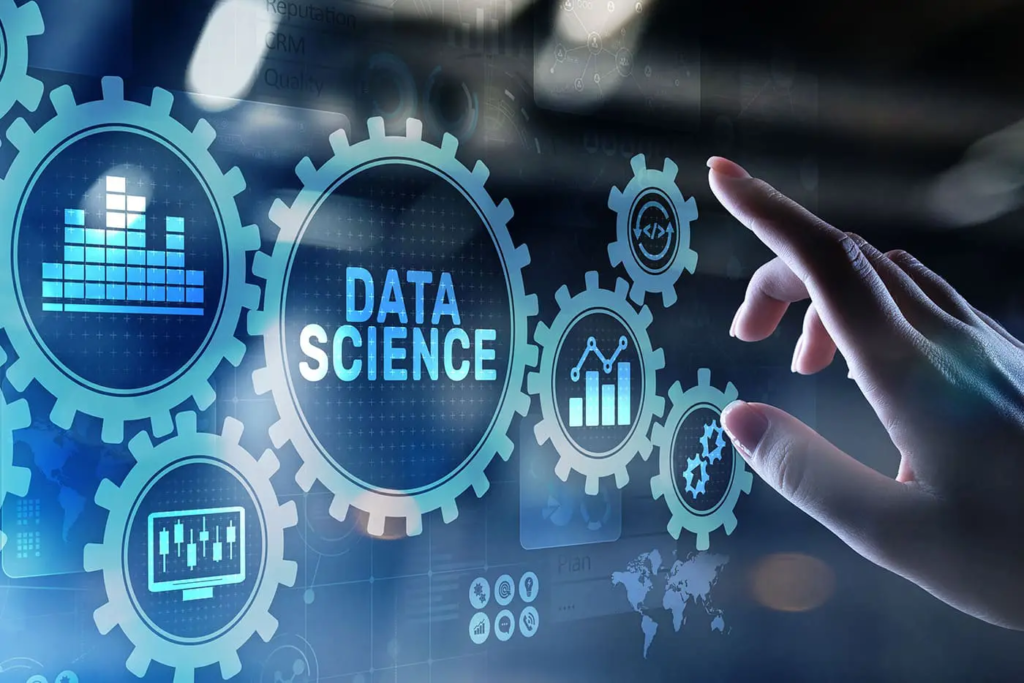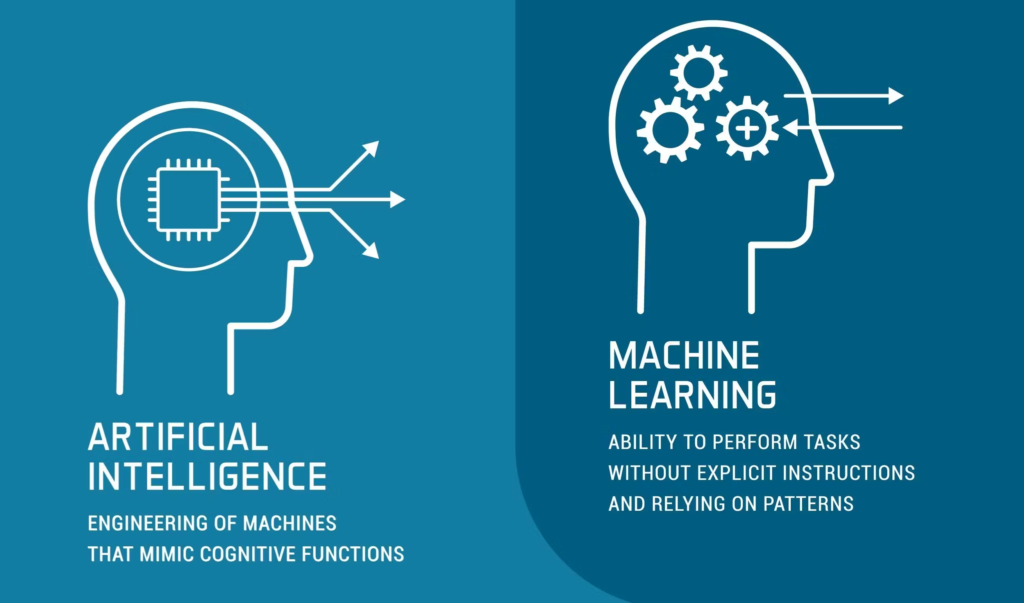Data has become the lifeblood of countless industries, driving decision-making processes and shaping strategies for success. This is where the importance of data science really shines. It’s not just about numbers and algorithms; It’s about uncovering meaningful insights that have the power to revolutionize businesses, healthcare, finance, and beyond. Imagine a world where every piece of information, from customer preferences to market trends, is carefully analyzed and transformed into actionable intelligence. This is the promise of data science – a field that sits at the intersection of statistics, computer science, and domain expertise.

As we move forward on this journey in data science, we must recognize its important role in shaping the future and fostering innovation across all sectors of society.
Overview of the journey

Initially, you will be faced with the task of choosing the right program that best suits your interests, goals, and career aspirations. Whether you choose a traditional university setting or an online program, it is important to consider factors such as curriculum, faculty expertise, and available resources. Once you’ve chosen a program, you’ll need to prepare yourself by acquiring prerequisites, including a solid foundation in mathematics, statistics, and programming..
As you delve deeper into your course, you’ll discover core concepts that form the foundation of data science, such as data manipulation, exploratory data analysis, and predictive modeling. You will also gain proficiency in programming languages like Python and R, which are widely used in this field. As well as these technical skills, you will develop the critical thinking and problem-solving abilities needed to tackle real-world data challenges.
Throughout your journey, you will have the opportunity to explore different specializations in the field of data science, from machine learning and artificial intelligence to big data analytics and data visualization. These specializations will allow you to deepen your understanding of specific areas of interest and tailor your education to your career goals.
Getting Started

When selecting a data science program, it is essential to assess various factors to determine which option best suits your needs. Consider factors such as program accreditation, faculty expertise, curriculum flexibility, and practical experience opportunities. Additionally, evaluate the program’s reputation, industry connections, and career services to assess its potential impact on your future career prospects.
Before starting a data science degree, it is important to have a solid foundation in key areas such as mathematics, statistics, and programming. Proficiency in these fundamental skills will not only enhance your understanding of data science concepts but will also facilitate your learning throughout the program. Take the time to assess your current skill level and seek additional education or training if necessary to ensure you are adequately prepared for the course ahead.
Before committing to a data science program, take time to consider your personal and professional goals. Consider what you hope to achieve from your degree, whether it’s advancing your career, breaking into a new field, or contributing to cutting-edge research. By clearly defining your goals, you can tailor your educational experience to your aspirations and maximize the value of your degree.
Core concepts

Let’s explore the basic concepts. Data science is all about extracting insights from data to make informed decisions. This includes understanding the fundamental principles and methodology such as data collection, cleaning, and analysis. Think of it as laying the foundation for your data science efforts.
Mathematics and statistics

Next, mathematics and statistics play an important role in data science. Building a solid quantitative foundation is essential to accurately interpreting data and drawing meaningful conclusions. Concepts like probability, calculus, and linear algebra form the backbone of statistical analysis, empowering you to uncover patterns and trends in data.
Programming fundamentals

Ultimately, the fundamentals of programming are indispensable skills for any aspiring data scientist. Learning essential coding languages like Python or R, along with tools like SQL and Git, opens up a world of possibilities in data manipulation, visualization, and machine learning. These skills not only enable you to work efficiently with data but also empower you to create powerful data-driven solutions.
Exploring Specializations
Let’s explore the three most prominent specializations in data science: Machine Learning and Artificial Intelligence, Big Data Analytics, and Data Visualization.
Machine Learning and Artificial Intelligence

Machine learning and Artificial intelligence (AI) represent the cutting edge of data science, where algorithms are empowered to learn from data and make intelligent decisions. In this specialization, students delve deeper into the advanced algorithms that underlie technologies such as predictive modeling, natural language processing, and computer vision. From neural networks to decision trees, learners gain the skills needed to develop AI-powered solutions that can revolutionize industries ranging from healthcare to finance.
Big Data Analytics

Meanwhile, Big data analytics equips students with the tools and techniques to tackle the challenges posed by massive datasets. In today’s digital age, organizations are inundated with data from a variety of sources, including social media, IoT devices, and sensors. Big data analytics enables data scientists to access this storehouse of information and extract meaningful insights that drive informed decision making. Through courses in data mining, distributed computing, and cloud technologies, students learn to navigate the complexities of big data and uncover actionable intelligence.
Data Visualization

In the field of Data visualization, the focus is on the art of effectively communicating insights through visual representation. As the saying goes, “A picture is worth a thousand words.” In this specialization, students learn to transform raw data into compelling visual narratives that resonate with stakeholders from different domains. Whether it’s designing interactive dashboards, creating infographics, or crafting immersive data stories, data visualization enables data scientists to convey complex ideas in an accessible and impactful way.
Follow Us On Instagram Follow Us On XAlso read: Unlocking Opportunities: Your Guide to Data Science Jobs and Internships


[…] Also read: Unlocking Insights: The Journey of a Data Science Degree […]